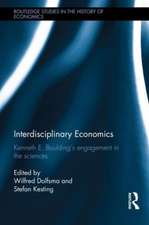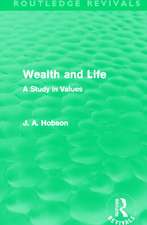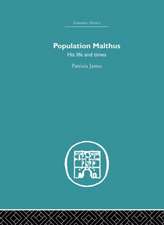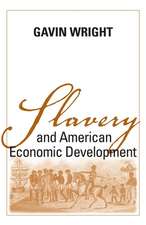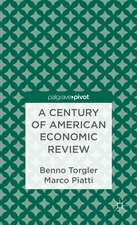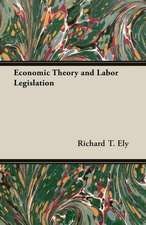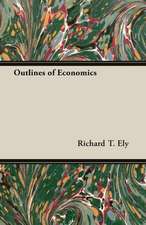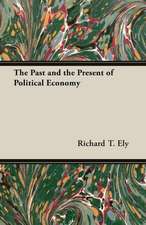Das Kapital (Capital)
Autor Karl Marxen Limba Engleză Hardback – 17 noi 2019
| Toate formatele și edițiile | Preț | Express |
|---|---|---|
| Paperback (1) | 185.44 lei 6-8 săpt. | |
| BENEDICTION CLASSICS – 17 noi 2019 | 185.44 lei 6-8 săpt. | |
| Hardback (1) | 256.22 lei 6-8 săpt. | |
| BENEDICTION CLASSICS – 17 noi 2019 | 256.22 lei 6-8 săpt. |
Preț: 256.22 lei
Nou
Puncte Express: 384
Preț estimativ în valută:
49.03€ • 51.00$ • 40.48£
49.03€ • 51.00$ • 40.48£
Carte tipărită la comandă
Livrare economică 15-29 aprilie
Preluare comenzi: 021 569.72.76
Specificații
ISBN-13: 9781789430653
ISBN-10: 1789430658
Pagini: 594
Dimensiuni: 161 x 240 x 39 mm
Greutate: 1.08 kg
Editura: BENEDICTION CLASSICS
ISBN-10: 1789430658
Pagini: 594
Dimensiuni: 161 x 240 x 39 mm
Greutate: 1.08 kg
Editura: BENEDICTION CLASSICS

